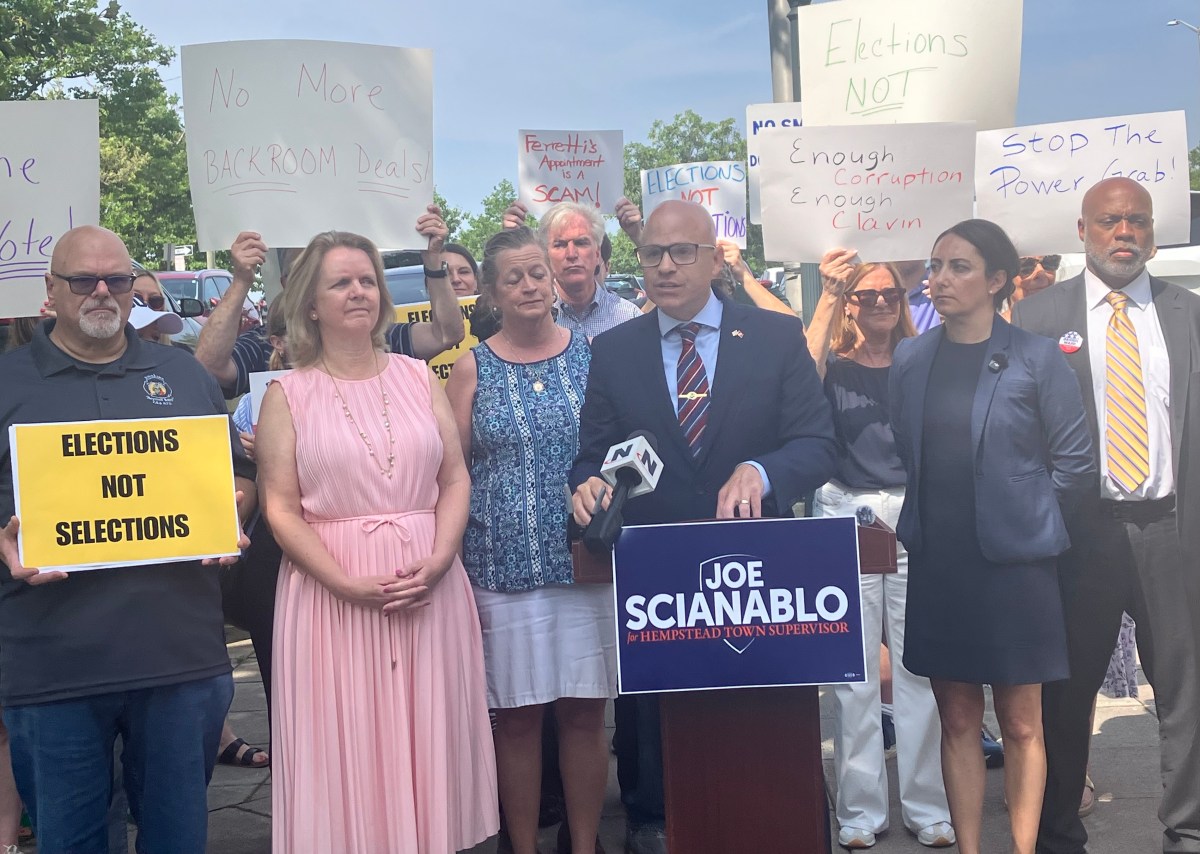Caribbean Community (CARICOM) governments are used to being criticized for not knowing what to do about Haiti’s decades old security, food and other crises, but the latest indications from a special session in Jamaica on Haiti this week are that there is renewed energy to find a solution.
Regional governments have assembled an impressive list of stakeholders to attend the three days of talks in Kingston, designed specifically to determine whether marauding gangs which have been terrorizing citizens in some cities could be tamed and whether some semblance of safety and security can be restored.
Political and economic life in Haiti have taken a battering since hired gunmen invaded the private home of President Jovenel Moise and fatally gunned him down in July of 2021, also severely injuring his wife. She has declined to attend the meeting.
The sessions will be facilitated by a so-called eminent persons group appointed by regional leaders recently. It is made up of former prime ministers Perry Christie of The Bahamas, Bruce Golding of Jamaica and Kenneth Anthony of St. Lucia who likely understands French Creole as spoken largely in Haiti and whose legal background could be of value to the special conference. The Bahamas and Jamaica as well as the Turks and Caicos Islands have borne the brunt of Haitian refugee boat people, fleeing strife at home, hoping for a better life in neighboring states.
“Let us commit to try, and keep on trying, until we find a workable solution,” Bahamas Prime Minister and CARICOM Chairman Phillip Davis told the opening ceremony. “Failure equals more suffering and death. So failure cannot be an option. Let’s keep an open mind and recognize that at the end of the day, you will find a solution.”
Haiti is the last nation to join the bloc of 15 mostly former British colonies back in 2002, but continued bouts of unrest and stability have embarrassed Caricom as it lacks the material resources to actually help the nation of around 11 million to function normally.
Setting the tone for the talks, PM Davis argued that there is no perfect solution for the situation in Haiti but “the challenges and struggles taking place in the Republic of Haiti have been present for far too long. I think it is important that we recognize that what we are striving for may, in the end, not be perfect, but will likely be something that in the immediate time, is effective; something that saves lives; something that brings an end to killings; something that brings an end to the rapes; something that brings an end to the kidnapping and violence; something that brings an end to the loathing and the robberies and the gang warfare.”
The meeting has been blessed by the presence of Haitian Prime Minister Ariel Henry who was appointed in the months before Moise was assassinated by hired mostly Colombian mercenaries. The country has no functioning parliament, no president and a PM who was appointed without assembly approval.
Henry told the AP and other reporters that he was at the meeting to listen and contribute to a solution. “We did not come here to negotiate for another agreement. We are here to listen and talk about the next steps we have to take to rebuild our democracy. Everyone knows that no lasting solution for Haiti can come from abroad, nor be imposed by others, whether from CARICOM or elsewhere. It is up to us Haitians to find among ourselves, by our own means, this common national project likely to unite us for a rebirth of this nation. Haiti, he said, requires “a national effort. We have to start once again to become a normal country. It’s high time to start a process that would lead us to free and democratic elections.”
The mood to help Haiti emerge from this crisis might have been sparked by the February meeting of regional leaders in The Bahamas where things Haiti had dominated the talks. Canadian Prime Minister Justin Trudeau was among dignitaries who had attended the meeting and had pledged millions in support and security equipment to help police beat back some of the marauding gangs. Some CARICOM countries want to whip up support for a multinational security force to stabilize the situation but western nations and even fellow Caribbean member states appear to have been reluctant to buy in. Only Jamaica and The Bahamas have pledged to send personnel on the ground if such agreement is reached.


























